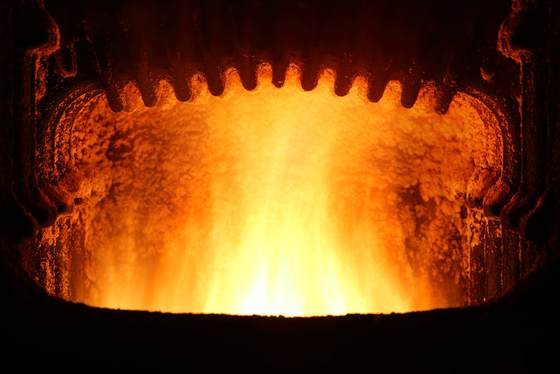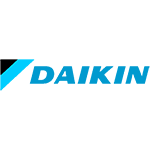It's Below ZERO outside - Is your HVAC System up to the Challenge?

Winter is here.. and it's a cold one... Not the good kind of cold one either.. we're not sitting in the warm sun at a ballgame with a frosty one here... we're having our poor mustaches freeze almost instantly and wearing layers even indoors.
One of the most important things you can do to make sure you stay warm and cozy all winter long, is to have a professional perform annual maintenance and inspection on your heating system. Whether you heat your home with a furnace, boiler, heat pump, or some combination of the three, an annual inspection can spot problems before they become serious and leave you out in the cold.
What to Expect From an Inspection
The first thing that your technician will check is the condition of exhaust from your boiler or furnace. When the venting and chimney are not checked regularly it is possible for leaks in the venting or blockages to go unnoticed. While a blockage will often result in the boiler or furnace not firing, a leak in the venting can result in a potentially fatal build-up of carbon monoxide.
Once the integrity of the venting system has been confirmed, the burner(s) and heat exchanger should be checked. Making sure that the burner(s) and heat exchanger are clean and free of defects will make sure that your heating system operates at peak efficiency. Cracks in a boiler heat exchanger could result in significant flood damage if left unattended. A furnace with a cracked heat exchanger is even more hazardous as the cracks may allow combustion gases, including carbon monoxide, to enter your home.
A technician will then proceed to check for proper operation of boiler control systems and safety devices. These include: thermostats, operating limits such as aquastats, zone relay controls, safety switches, and relief valves. Failure of a control device will often lead to a lack of heat, over/under heating, or excessive energy use. Should a safety device fail, you could be exposing your home and family to dangers such as flooding, fire, and carbon monoxide.
Pre-Heating Season Maintenance for Forced Air Systems
For forced air systems, it is important to check that blower is cleaned of dust and debris that can cause it to overheat and fail. The filters should also be checked regularly, and replaced or cleaned as necessary. A dirty filter will restrict the flow of air and reduce the effectiveness of your heating system. Also, because the blower has to work harder to circulate air, it will use more electricity, further increasing your heating costs.
Pre-Heating Season Maintenance for Hydronic Systems
Hydronic systems require some additional steps to ensure the piping is free of leaks and air. The first step in checking the piping is to simply check for leaks, this can be done by inspecting the piping and also by checking to see if water is at a lower than expected level. Leaks can cause damage to property, and can also introduce air blocks that will prevent the system from delivering heat where it is needed. To make sure there is no air in the heating system, the system should be bled at the beginning of each heating season. This involves opening any manual air vents to allow trapped air to escape, as well as making sure any automatic air vents in the system are working correctly. Trapped air will reduce the effectiveness of radiators and could create blocks which prevent hot water from reaching the areas where it is needed.
Pre-Heating Season Maintenance for Circulation Pumps
Circulation Pumps and expansion tanks should also be checked prior to the start of each heating season. Although most modern pumps are self-lubricating, circulators in older homes may require that the technician apply proper lubrication to keep the pumps from failing. As for expansion tanks, a water-logged tank can cause the pressure in the heating system to increase beyond safe levels causing a loss of heating and possibly flooding.
With the number and severity of problems a simple check-up can help to prevent, there’s no reason to put off your heating system’s pre-season service any longer


